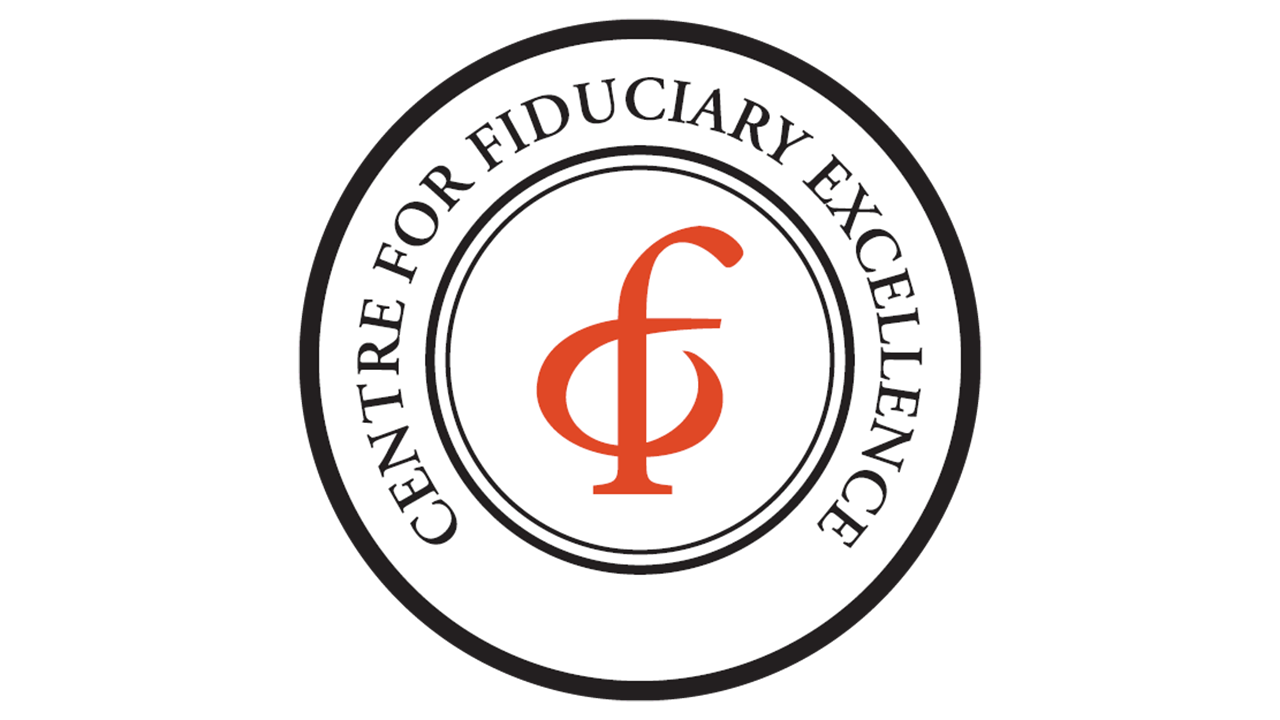Category: Retirement
Are you prepared for the four phases of retirement?
As you near retirement, you're probably thinking a lot about your finances and wondering if your savings will be enough for your retirement years. While it's important to pay attention to your 401(k), IRAs, and Social Security benefits, you might not have considered one of the most important aspects of retirement: the psychological phases you'll go through during retirement. Understanding the emotional and mental changes that come with retirement can make the experience easier. It can help you not only financially but also enjoy a fulfilling retirement with a sense of purpose and well-being. In an article on Yahoo Finance, Dr. Riley Moynes, the author of “The Four Phases of Retirement: What to Expect When You’re Retiring,” explains how he interviewed 150 retirees about their experience and outlined key phases that can occur. Click here to read more about his insights and explore the four phases of
Planning for taxes on Social Security
Recently, we've been hearing from people who have been enrolled in Social Security, seeing their taxes go up, and not understanding why. There are ways to keep more of your retirement income, but first, let’s look at how it can be taxed. We know that Social Security benefits aren’t tax-free. In fact, up to 85% of the benefits you receive each year could be subject to tax, depending on your household income. Moreover, 100% of your withdrawals from traditional IRAs and traditional 401(k)s will likely be considered taxable income. When making these withdrawals, we work closely with our clients to ensure they’re taking what they need but not enough to push them into the next tax bracket. We’ve recently encountered individuals who took advantage of high interest rates by putting their money in CDs or money market accounts. The interest on these is taxed at the same federal income tax rate as the money you receive from paid work, which is why people are seeing their income tax rates jump into the next bracket. That's why it's crucial to collaborate with a tax professional to develop a strategy to mitigate that sudden increase, just like we would with IRAs or 401(k)s. Furthermore, the Tax Cuts and Jobs Act of 2017 is set to sunset on Jan 1, 2026, which could exacerbate the problem further. When the Tax Cuts and Jobs Act of 2017 ends, this means tax rates will revert to their previous higher levels. The act doubled the standard deduction and
Coordinating your financial strategy can help save money in retirement
Workers are not new to the idea of saving as much money as possible for retirement. However, there is less conversation about spending the money they’ve worked hard to save, and that shift can cause stress in any retiree's life. Major worries among retirees include not being able to spend as much as before retirement, not being able to leave money to beneficiaries, facing unknown healthcare expenses, and outliving their money. If you don’t have a strategy in place to help pay for these expenses, you could end up making a mistake that will cost you more in the long run. For instance, we talked to a client who wanted to add an addition to her home. Her original plan was to take the money from her IRA to pay for it, which would have been close to $150,000 before tax. If she proceeded with that, she would have increased her tax bracket, increased taxes on her social security, and increased her Medicare premiums. For example, her Medicare premiums alone would have increased by over $5,000/year. However, because we were able to coordinate her strategy with our in-house tax team, we were able to suggest a better alternative strategy and engineer a solution that fit her specific needs. We took about one-third of the money from her IRA, which kept her tax bracket and premiums the same. Then, we worked with her to get a home equity line of credit or HELOC. Finally, we were able to use dividends from her portfolio– which
Keep healthcare in mind when planning your retirement
If you're anything like most Americans, healthcare costs can be a big concern when you're planning for retirement. That's why it's essential to keep them in mind as you're getting ready for your golden years. One common error we notice is people assuming their healthcare expenses will be covered by Medicare in retirement. The truth is, a single 65-year-old could need approximately $157,500 saved after tax to cover health care expenses in retirement, according to a report by Fidelity. And that number jumps to $315,000 for an average retired couple age 65.1 Those figures hinge on various factors such as your work duration, retirement timing and location, health condition, and life expectancy. Nonetheless, it could serve as a valuable target to strive towards. Another common pitfall we notice is the consistent underestimation of the need and the costs associated with long-term care. Although the extent of long-term care required varies for everyone, data from the Administration on Aging paints a striking picture: at least 70% of individuals aged 65 or older today will inevitably find themselves in need of some level of care. Every year, Americans are shelling out a whopping $475.1 billion for long-term care. Surprisingly, Medicaid only covers 42% of these costs. This means you'll probably be responsible for a significant portion of the bill, making it crucial to plan ahead. Another important thing to note is Ohio's latest updates regarding
Don’t be afraid to spend in retirement
Navigating the financial landscape in retirement can be a daunting task. It's like trying to pass through a jungle of expenses – health care, taxes, and long-term care costs all taking a piece of the hard-earned nest egg you've been building for ages. And just when you think you've got it all figured out, here comes the rollercoaster of economic uncertainty. In the face of such high stakes, it's no wonder the prospect of spending in retirement can be overwhelming. But with our team of financial professionals behind you, you can take steps to help you reclaim control and ease the anxiety associated with post-retirement expenditures. Embarking on the journey toward retirement becomes much smoother when you proactively create a budget beforehand. This invaluable tool allows you to gauge your anticipated expenditures and income streams once the daily grind is behind you. It's crucial to take stock of the various income sources at your disposal, such as Social Security, pensions, and 401(k)s, while also factoring in inevitable expenses like taxes, health care, and long-term care. When you're getting budget-savvy for retirement, start by figuring out what's a must-have and what you can let slide. Let's say you're dreaming of a retirement filled with jet-setting adventures. Well, that travel fund needs to be part of the grand budget plan. And let's not forget the inevitable: taxes. It's a good idea to give taxes a special seat
Maximizing the hidden tax strategy behind Net Unrealized Appreciation
The idea of saving as much as possible during your career while making wise investments to have a comfortable retirement is nothing new for workers. But if you don’t consider a tax strategy with that plan, it can derail any retirement. Many workers are able to get company stock either as part of their compensation or through the company’s 401(k) program and these are the stocks you want to pay attention to so you don’t lose money in taxes. Typically, when people retire, they roll all of their 401(k) to an IRA and everything you paid for that company stock inside the 401(k) and all the appreciation through your working years will be taxed at your personal income rate when you take money out to supplement your retirement. Instead, if you use the Net Unrealized Appreciation – or NUA – rules, you can roll the stock out of the 401(k) and pay ordinary income taxes only on the cost basis, or what you paid for the stock through the years. Then, if done correctly, you can have the appreciation of the stock taxed at the much lower capital gains rates. For most people, this could cut your tax bill almost in half. For example, let’s say that you have $300,000 of company stock in your 401(k), that you paid $100,000 for. You roll the stock out of your 401(k) to a non-IRA account. You will pay taxes on the first $100,000 at your ordinary income rate, but the additional $200,000 would be taxed at your capital gain rate, which ca
How to prepare to retire in a slowing economy
With a slumping stock market and a slowing economy, early retirees and people looking to retire in the near future need to make intelligent decisions to avoid jeopardizing a successful retirement. Here are a few actions our trusted financial planners recommend to help make the transition into retirement as seamless as possible. The first thing a retiree should do is examine their spending history to help build a budget. They can do this by adding up all of their annual spendings over the last three years to look at macro trends in spending patterns. Once that’s determined, they’ll want to make investments that can support that budget. Another way retirees can prepare for retirement income is to create a bond ladder. We’re able to help retirees invest their money while bond yields are back up and high-quality corporate rates reach as high as 4.75%1. High-quality bonds held to maturity can also provide a household with a steady income for the next few years. And there are a lot of different types of bonds – corporate bonds, municipal bonds, and even United States Treasuries – each with their own benefit. For example, one of the advantages of municipal bonds is the tax status since they are exempted from federal, state, and local taxes, which helps minimize taxes during retirement. Another strategy that could be helpful during retirement is to take action to stay ahead of inflation. One way to do that is with dividend-producing sto
How should you prepare for retirement?
A question that comes around often is not only how much you should save for retirement, but how much you should spend in retirement. When it comes to talking about how much to save, many times the rule of thumb is 10-15%. However, that assumes that you have saved that same amount for your entire career, and many of us haven’t. Instead of just assuming a single savings rate, many financial advisors will suggest that you start by working backward. That means deciding when you want to retire and how much you’ll spend each year in retirement. Once you set those targets, you can work backward to get the number you’ll need and then divide that by your remaining years and figure in market return. This will help you figure out how much you need to save. While this is a valid strategy many advisors use, an issue that arises here is that situations change. If you do this in your 20s, 30s or 50s, your priorities can be completely different when you’re in your 60s. Working backward can work, but you may want to check that the plan you made 20 or 30 years ago will still appeal to you when it comes to the time of retirement. When it comes to figuring out how much to spend in retirement, many investors and advisors use the 4% rule, which says you can take about 4% of your portfolio in distributions every year. But as we’ve seen this year, inflation doesn’t always cooperate. If you don’t have strategies in your portfolio to c
Lineweaver Financial Group completes CEFEX certification for retirement planning
To demonstrate our commitment to the fiduciary responsibility we have when it comes to both personal and business financial planning, we recently completed the rigorous CEFEX certification for our retirement planning service division. The CEFEX certification is a global fiduciary standard of excellence. It’s based on the international standard, ISO 19011: Guideline for quality management system auditing. The assessment is evidence-based, and all work is reviewed by the CEFEX Registration Committee to ensure impartiality and consistency. The assessment typically includes document review, client file sampling, on-site visits, and interviews with senior representatives at the firm. To be able to work with CEFEX means we’ve completed rigorous training and have been able to audit and provide feedback on our systems. The CEFEX analyst we worked with holds not only the Accredited Fiduciary Credential, but also the Fiduciary Analyst Credential and a Qualified 401(k) Administrator designation. The point of holding these advanced credentials and training is to help provide fiduciary guidance, best practices, and overall accountability to firms like ours. Going forward, these best practices will be verified by annual audits and are intended to ensure that those who hold the certification place clients’ interests first, and this will continue to build trust with clients, along with fostering a culture of continuous improvement. This is an important
Cracking the Medicare Code
Open enrollment for Medicare and Medicare Supplements is right around the corner. Medicare programs are notoriously challenging to navigate, but it’s a crucial decision that most of us will have to make at some point in our lives. The question most people start with is one of eligibility. There are two essential parts to Traditional Medicare, Parts A and B. Part A has to do with hospitalization, and you become eligible on the first of the month for your 65th birthday. If you become eligible for Part A, it’s recommended to enroll immediately because there is no premium. This remains true even if you are still working and have health insurance through your job. It will get you into the system, and you’ll start receiving “Medicare & You.” On the other hand, part B has to do with doctor visits and bills, including medically necessary services or preventive care. It’s recommended that you enroll with the Social Security office about 2-3 months prior to when you’ll be looking to receive the full Medicare enrollment benefits. When it comes to enrolling for Part B, this can be particularly tricky and could cost you. If you are already retired or will retire right at 65, the answer is simple: sign up for Part B at the same time you enroll in Part A. If you are still working, it’s something that you must figure out when the right time is to enroll. It’s essential to enroll at the right time. If you












 Virteom
Virteom